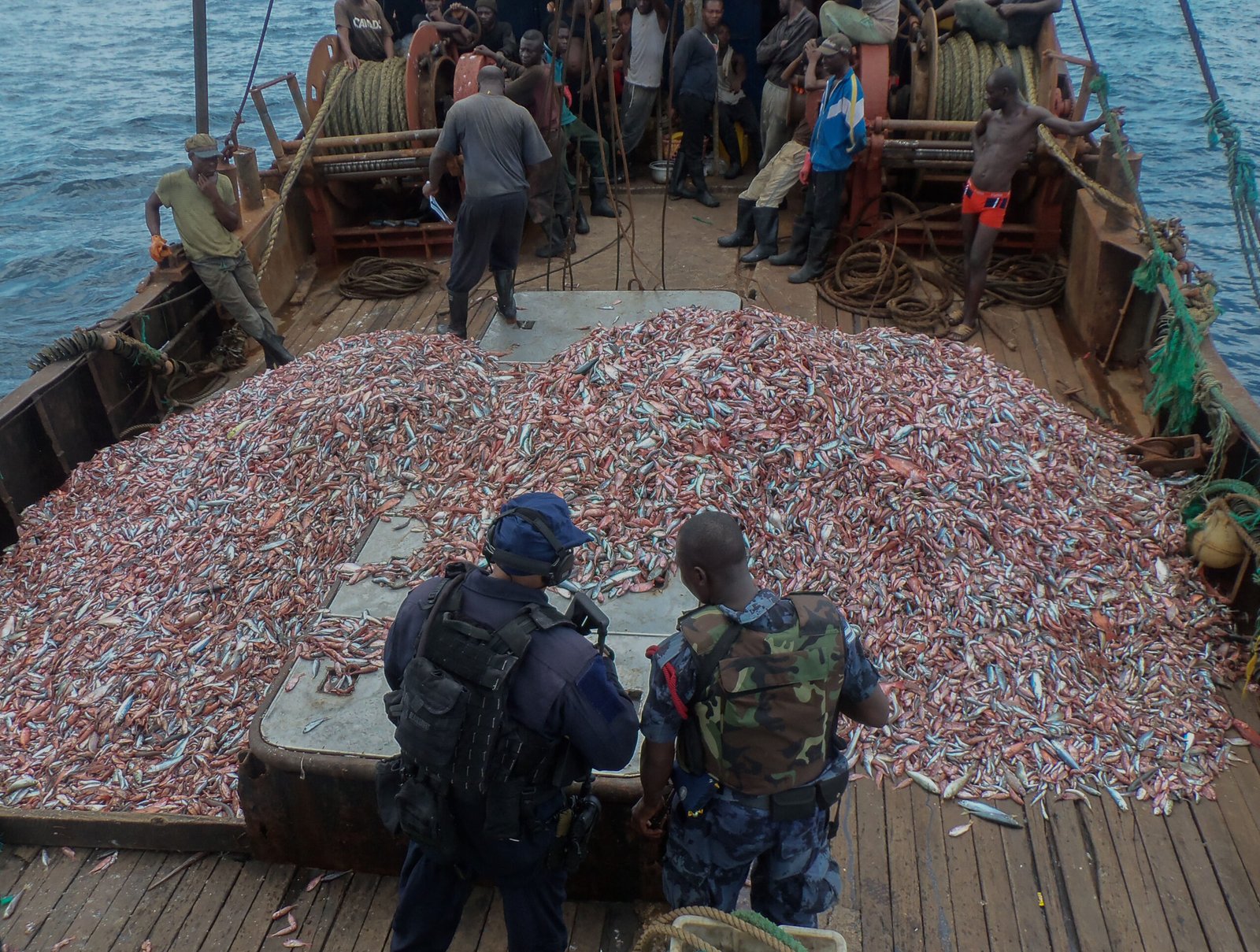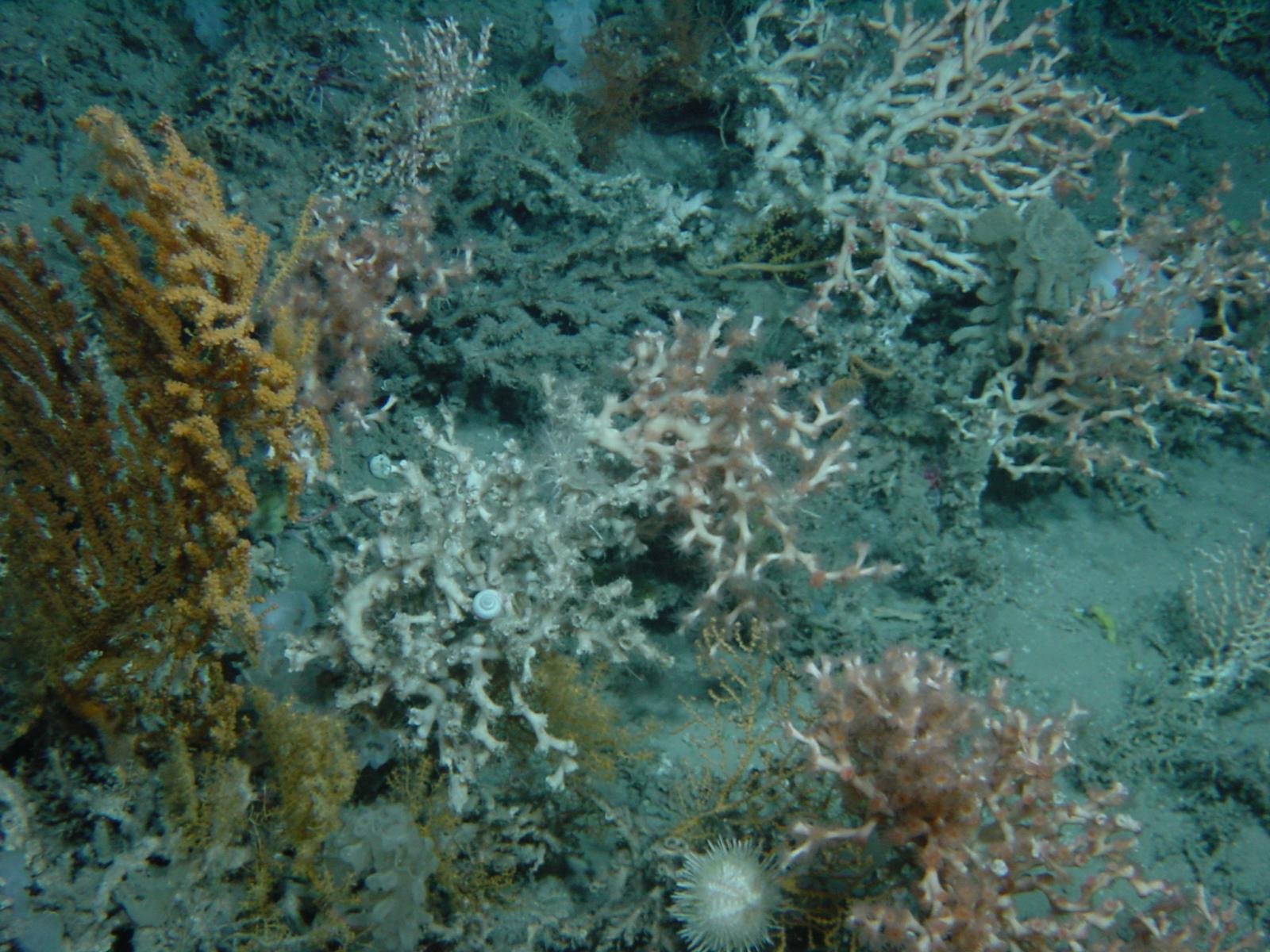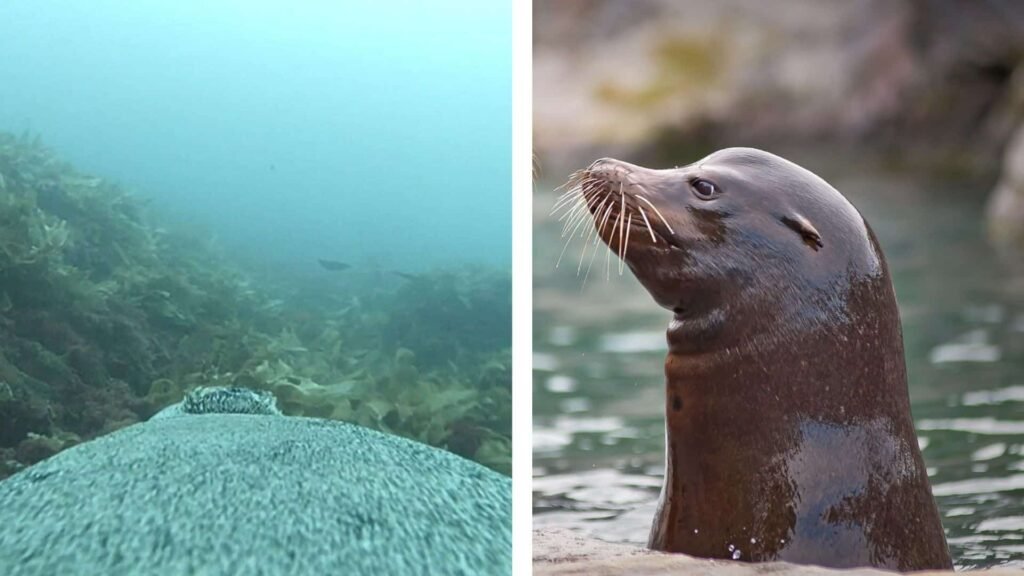Imagine a world where sunlight never touches the ocean floor, where bizarre creatures drift through inky black waters, and where the silence is broken only by the distant clicks and calls of unseen animals. This is the deep sea—a realm of mystery and wonder, but also a place now facing the looming shadow of human ambition. With fish stocks dwindling closer to shore, many are turning their gaze downward, wondering if the deep sea could be the answer to our hunger for seafood. But as this silent world is eyed as the next frontier for fishing, scientists are sounding the alarm, worried about consequences that could ripple for centuries. Are we about to open Pandora’s box beneath the waves?
The Lure of the Unexplored Depths

The deep sea covers over half of our planet’s surface, yet remains one of the least explored places on Earth. Its vastness holds a treasure trove of unknown species and untapped resources, tempting governments and fishing companies alike. As nearshore fisheries collapse under the weight of overfishing, the deep sea appears to offer a new bounty—one that seems almost limitless at first glance. The idea of harvesting fish from these depths is alluring, promising economic gain and a solution to food shortages. Yet, the very fact that we know so little about these waters should give us pause. After all, what secrets—and dangers—could we be disturbing?
Why the Deep Sea Matters

Beneath the crushing pressures and cold darkness, the deep sea is home to an astonishing diversity of life. Giant squid, glowing jellyfish, and fish with jaws bristling like nightmares have adapted to survive in an environment unlike any other. This ecosystem is not just strange; it is fragile and slow to recover from disruption. Many deep-sea species live for decades, even centuries, and reproduce slowly. Disturbances here can take centuries to heal, if they ever do. The deep sea also plays a crucial role in regulating the planet’s climate by storing carbon and recycling nutrients, making it far more than just a fishing ground.
What Draws Industry to Deep-Sea Fishing
Pressure from growing human populations and the collapse of traditional fisheries is pushing the fishing industry to venture farther and deeper. Advances in technology—like stronger nets and high-tech sonar—have made it possible to target species once considered out of reach. Deep-sea fish like orange roughy and Patagonian toothfish (often rebranded as “Chilean sea bass”) are now showing up on restaurant menus worldwide. Their flesh is prized for its taste and texture, fetching high prices. For some, the lure of profit outweighs the risks, and the call of the deep is too tempting to ignore.
The Unseen Cost of Deep-Sea Harvests

Despite the allure, deep-sea fishing comes with a price that is mostly hidden from view. Trawling nets, dragged across the seafloor, destroy delicate coral gardens and sponge fields that have taken thousands of years to grow. These habitats serve as nurseries for countless species. Removing them is like bulldozing an ancient forest—an act that’s nearly impossible to undo. The slow growth rates of deep-sea life mean that once populations are depleted, recovery is uncertain at best. In some cases, species may be pushed to the brink of extinction before we even understand their role in the ecosystem.
Scientists’ Growing Alarm
Marine biologists and oceanographers are increasingly vocal about the dangers of deep-sea fishing. Studies have shown that fisheries targeting deep-water species often collapse within decades, leaving behind a wasteland where life once thrived. The deep sea’s mysteries are exactly what makes it so vulnerable. “We are mining a resource we barely understand,” warns one prominent marine scientist. The voices of caution point to the need for restraint and more research, arguing that the risks far outweigh any short-term benefit.
The Challenge of Regulation

Regulating what happens far beneath the waves is no easy task. The deep sea often falls outside national boundaries, making it the ultimate “wild west” of fishing. International agreements exist, but they’re hard to enforce and often riddled with loopholes. Even where rules are in place, monitoring is costly and difficult. Illegal, unreported, and unregulated (IUU) fishing thrives in such conditions, further depleting stocks and damaging habitats without oversight. The lack of clear jurisdiction and accountability makes protecting these vulnerable areas a daunting challenge.
Unique Species at Risk
Some of the most fascinating and unique creatures on Earth dwell in the deep sea. The ghostly dumbo octopus, the ancient coelacanth, and the glowing anglerfish are just a few examples. Many of these animals are found nowhere else and could disappear forever if their fragile homes are destroyed. New species are still being discovered on almost every expedition, reminding us how little we truly know. The loss of even a single species from these depths could mean the loss of valuable genetic information, medical breakthroughs, or ecological functions we have yet to understand.
The Domino Effect on Ocean Health

Disrupting the deep sea doesn’t just impact a few obscure animals; it can set off a chain reaction that affects the whole ocean. Removing top predators or key species can throw food webs out of balance, leading to unintended consequences for shallower waters and even coastal fisheries. The carbon stored in deep-sea sediments can be released when trawling churns up the seafloor, contributing to climate change. These cascading effects show that the deep sea is not isolated—it is intimately connected with the health of the entire planet.
Technological Limits and Human Hubris
While technology has opened the deep sea to commercial fishing, it has also exposed human limitations. Remote-operated vehicles and deep-diving submersibles have given us glimpses of life at unimaginable depths, but these tools are still crude compared to the complexity of the environment they probe. Every expedition brings new surprises, sometimes revealing just how wrong our assumptions can be. Our drive to exploit the deep sea often outpaces our understanding, raising the haunting possibility that by the time we grasp what’s at stake, it may be too late to reverse the damage.
Rethinking Our Relationship with the Ocean

The debate over deep-sea fishing is really a reflection of how we see ourselves in relation to the natural world. Are we stewards, responsible for protecting the wonders beneath the waves? Or are we conquerors, determined to claim every last resource for our own use? The awe-inspiring beauty and mystery of the deep sea invite us to pause and question our choices. As we stand at the threshold of this new frontier, the decisions we make will shape not just the fate of the deep sea, but the future of life on Earth itself.




